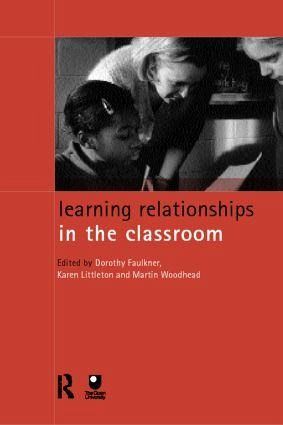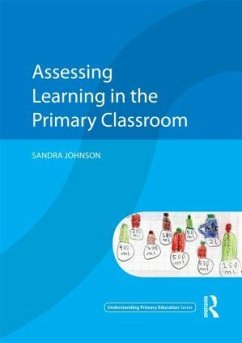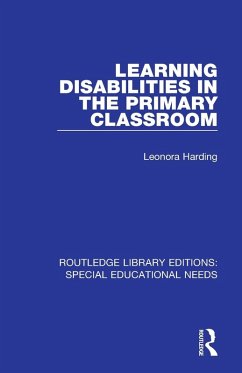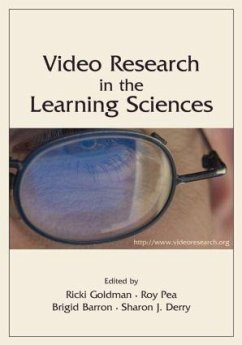
Learning Relationships in the Classroom
Versandkostenfrei!
Versandfertig in 1-2 Wochen
51,99 €
inkl. MwSt.
Weitere Ausgaben:

PAYBACK Punkte
26 °P sammeln!
This reader explores the nature of interactions between children and their teachers in the classroom. It emphasises the importance of such relationships for children's learning and for educational practice. Part 1 looks at different cultural conceptions of the teacher-learner relationship, and how this relates to schooling, cognitive development and the aquisition of knowledge. Part 2 takes a closer look at the role of language and dialogue in interactions between adults and children in classrooms. Part 3 describes research by developmental psychologists on peer interaction and collaborative l...
This reader explores the nature of interactions between children and their teachers in the classroom. It emphasises the importance of such relationships for children's learning and for educational practice. Part 1 looks at different cultural conceptions of the teacher-learner relationship, and how this relates to schooling, cognitive development and the aquisition of knowledge. Part 2 takes a closer look at the role of language and dialogue in interactions between adults and children in classrooms. Part 3 describes research by developmental psychologists on peer interaction and collaborative learning, and discusses how it has advanced our understanding of how children learn from each other. Part 4 considers the implications of classroom-based collaborative learning initiatives and the potential for creating 'communities of enquiry' which change how we think about knowledge acquisition.














